HP does the splits, again
HP is once again looking to restructure, this time by moving PCs and printers into a new company.
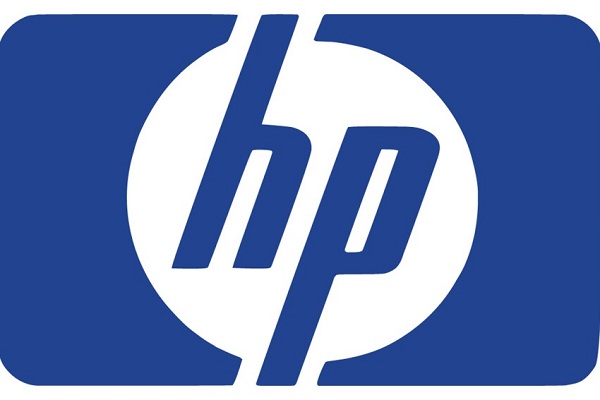
Inside the enterprise: Restructuring plans are nothing new at Hewlett Packard. Over the last few years, the firm has gone through several waves of reorganisation, as well as changes at the top.
Under Mark Hurd, Leo Apotheker and most recently, current CEO Meg Whitman, HP seems to have been in a constant state of flux.
Even earlier this year, after a period of relative stability or at least, with only one restructuring plan on the table - the company conceded that it might need to cut even more jobs than it envisaged.
It seems even that is not enough to restore growth and margins at HP. The latest plan is to split the company's printer and personal computing arm from its software, services and enterprise hardware division.
In this, HP is following a path set by IBM, which has moved out of printers, PCs and also lower-end servers, to focus on higher end equipment and services. IBM, though, has taken a different route to HP's proposed new structure. Although IBM's printing operation was set up as a separate company, Lexmark, its PC and low-end server business were transferred through a trade sale to Lenovo.
HP is suggesting a split of its business into two listed companies, one containing the printing and personal systems (PPS) arm, and the other, the enterprise products and services. But there will be an overlap in management, with Meg Whitman as chairman of HP Inc, the former PPS division, and also CEO of HP Enterprise.
Like previous proposed splits, the idea behind creating two HPs is to unlock value in the business: over the years HP has become a large, and some argue, unwieldy organisation. But the company could also be taking advantage of better sales in its PC and printer arms, which together now make up half of its revenues.
Get the ITPro daily newsletter
Sign up today and you will receive a free copy of our Future Focus 2025 report - the leading guidance on AI, cybersecurity and other IT challenges as per 700+ senior executives
Future growth, though, is more likely to come from software and services than PC hardware, suggests Forrester analyst Peter Burris. He points out that HP has traditionally relied heavily on hardware sales, and associated maintenance revenues, for its profits. "The pressure is on to shift the focus to software and related technology services, which is where [there is] greater value."
Research firm Gartner, though, argues the proposed split has less to do with technology, and more to do with its financial structure, and its shareholders. In a research note, the firm says that split at HP is primarily around creating shareholder value the announcement has already boosted HP's share price and helping the organisation to become more focused.
But the arrangement will not, immediately at least, do anything to address "HP's core challenge of finding growth, or to directly address its shortcomings in cloud, software as a service (SaaS) and mobility", the analysts say. This will, no doubt, require further work.
But Gartner also believes that the new deal will have little immediate impact on IT buyers, which should reassure CIOs, at least for now.
Stephen Pritchard is a contributing editor at IT Pro.
-
 Third time lucky? Microsoft finally begins roll-out of controversial Recall feature
Third time lucky? Microsoft finally begins roll-out of controversial Recall featureNews The Windows Recall feature has been plagued by setbacks and backlash from security professionals
By Emma Woollacott Published
-
 The UK government wants quantum technology out of the lab and in the hands of enterprises
The UK government wants quantum technology out of the lab and in the hands of enterprisesNews The UK government has unveiled plans to invest £121 million in quantum computing projects in an effort to drive real-world applications and adoption rates.
By Emma Woollacott Published
-
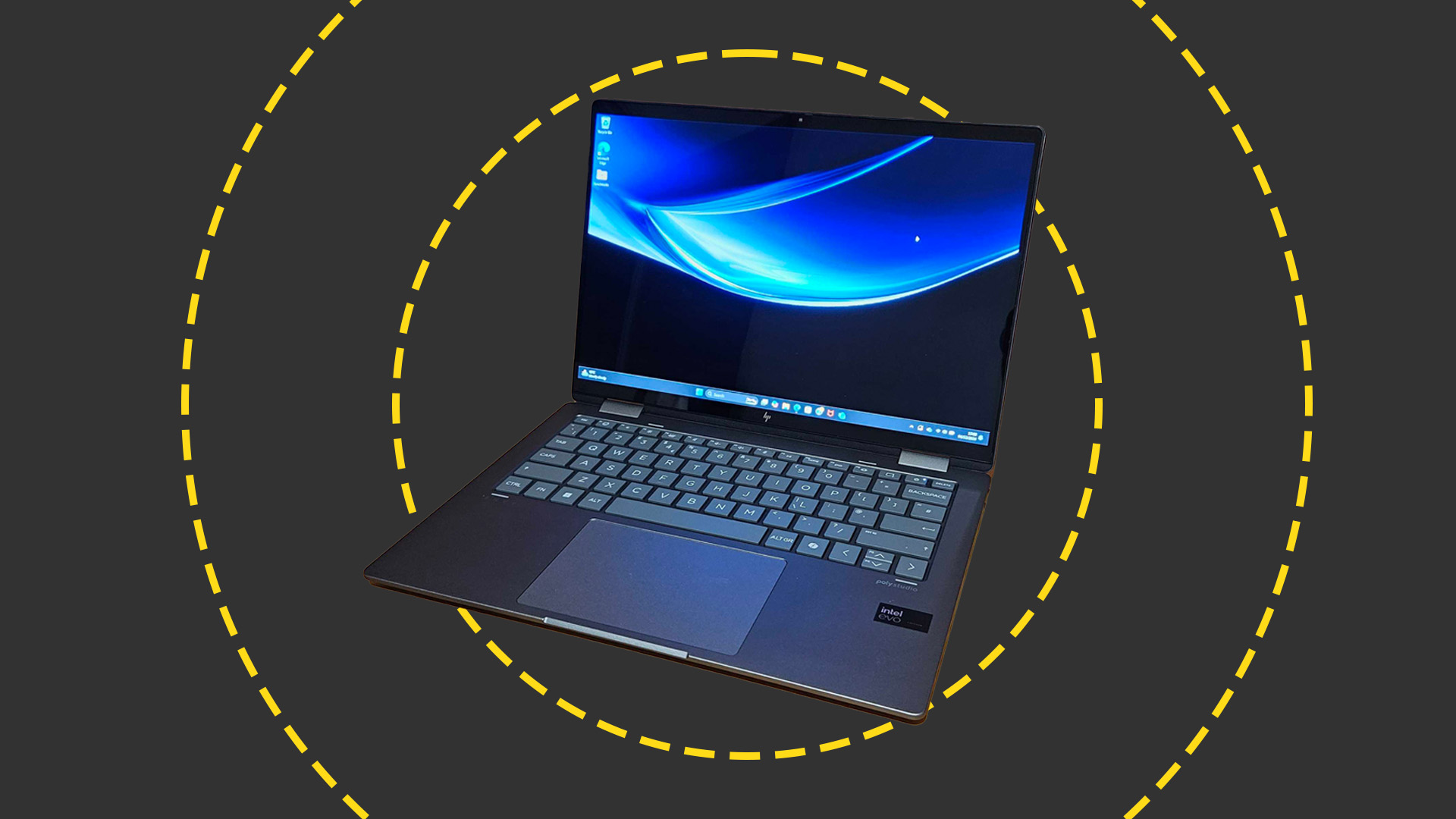 HP Envy x360 2-in-1 (14-FC0009NA) review: A cut-price AI PC for the enterprise
HP Envy x360 2-in-1 (14-FC0009NA) review: A cut-price AI PC for the enterpriseReviews The Intel-powered HP Envy x360 is a decent punt for its price point despite a few bugbears
By Keumars Afifi-Sabet Published
-
 Dell, HP post underwhelming returns as PC market remains in a state of flux
Dell, HP post underwhelming returns as PC market remains in a state of fluxNews Original equipment manufacturers (OEMs) are contending with an impending Windows 10 EOL and a burgeoning AI PC market
By George Fitzmaurice Published
-
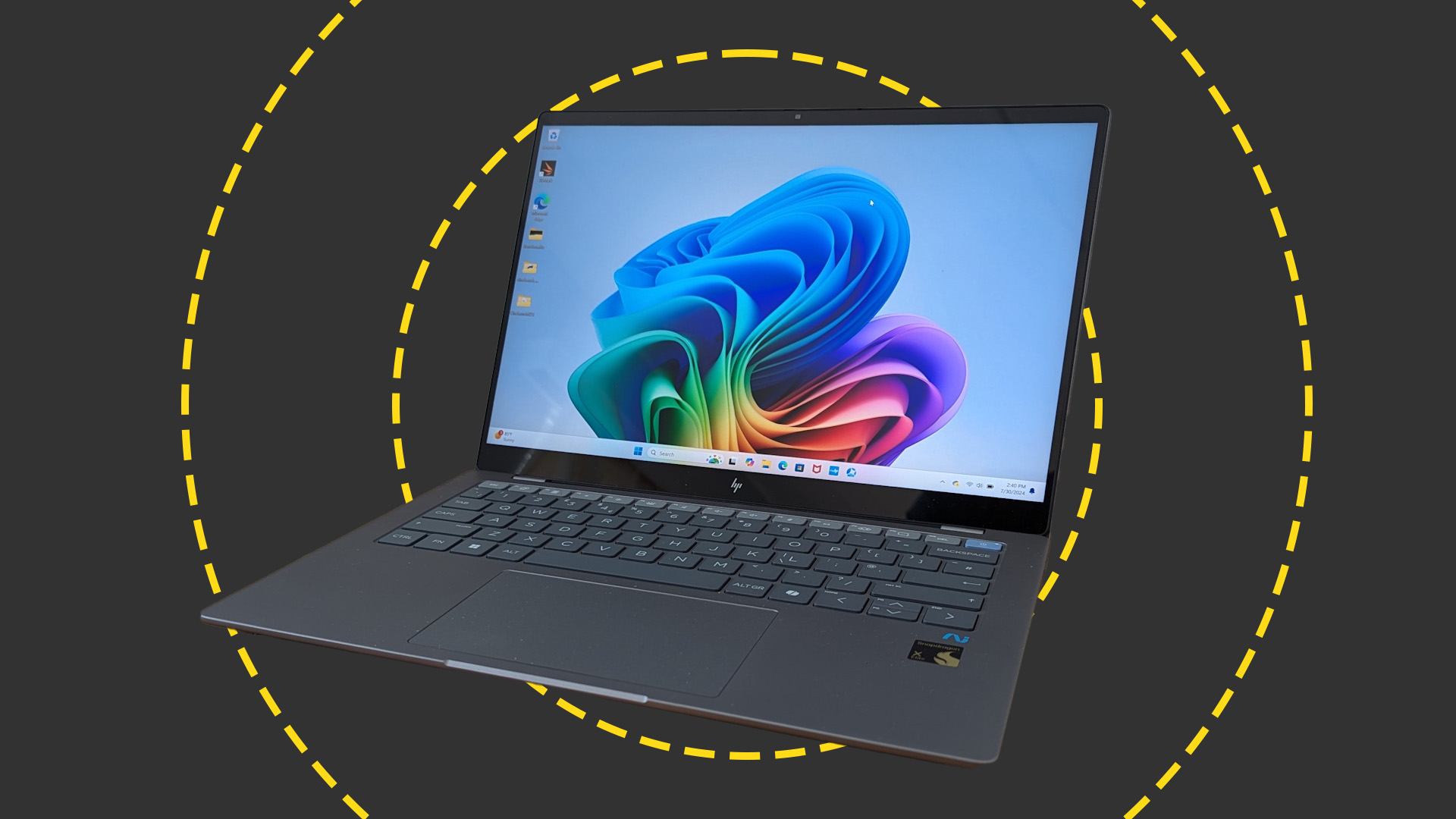
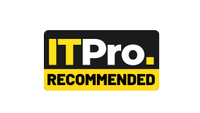 HP OmniBook X 14 review: Incredible battery life meets Copilot+ AI
HP OmniBook X 14 review: Incredible battery life meets Copilot+ AIReviews Ignore the slightly underwhelming screen and you have a brilliant thin-and-light laptop with AI capabilities and superlative battery life
By Stuart Andrews Published
-
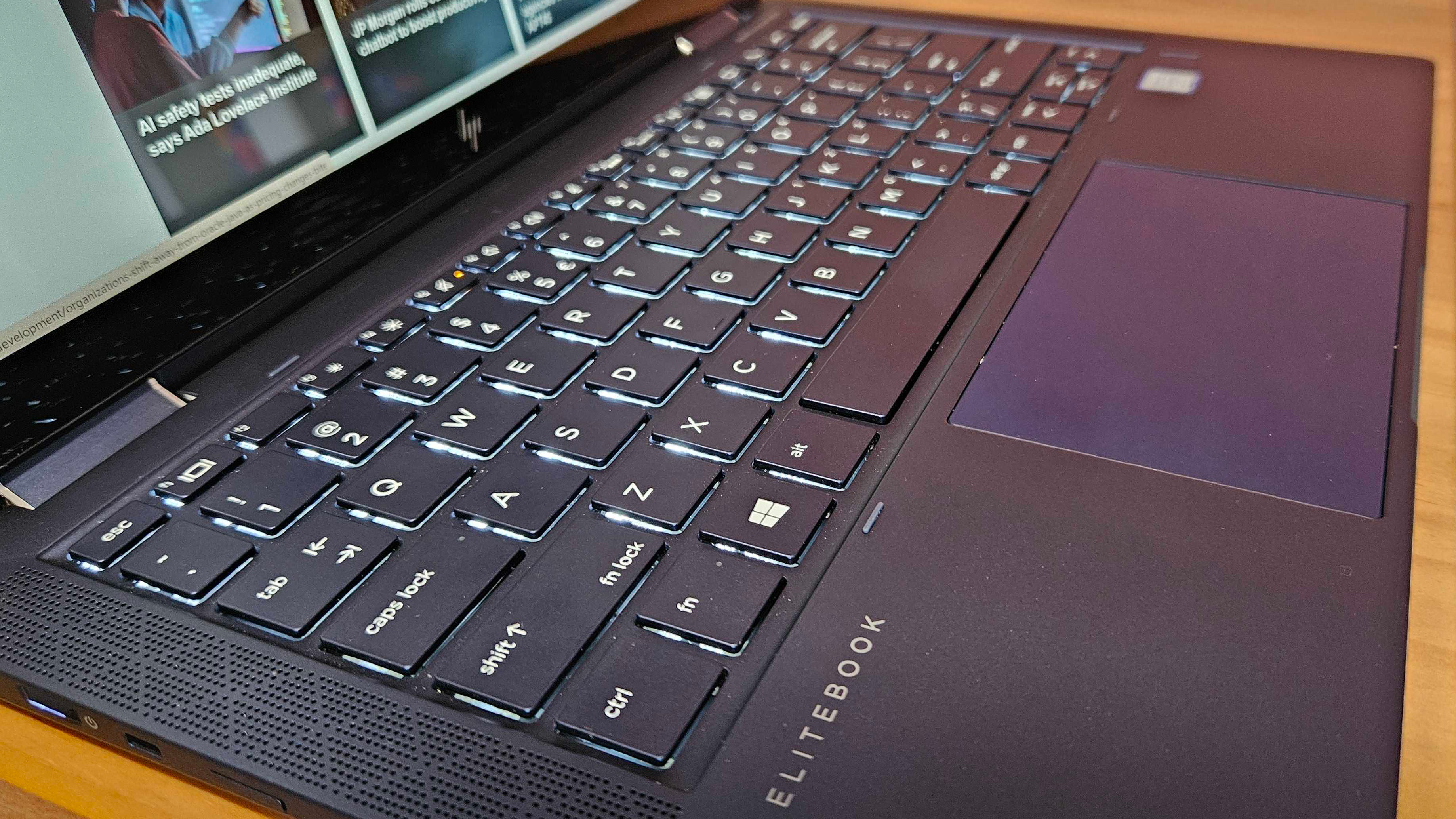 HP has scrapped its most compelling device as it aims for AI PCs — there is nothing like it left on the market
HP has scrapped its most compelling device as it aims for AI PCs — there is nothing like it left on the marketOpinion The HP Elite Dragonfly had everything you needed – a great battery, plenty of power, all the ports, and a fantastic display – until it was killed off
By Keumars Afifi-Sabet Published
-
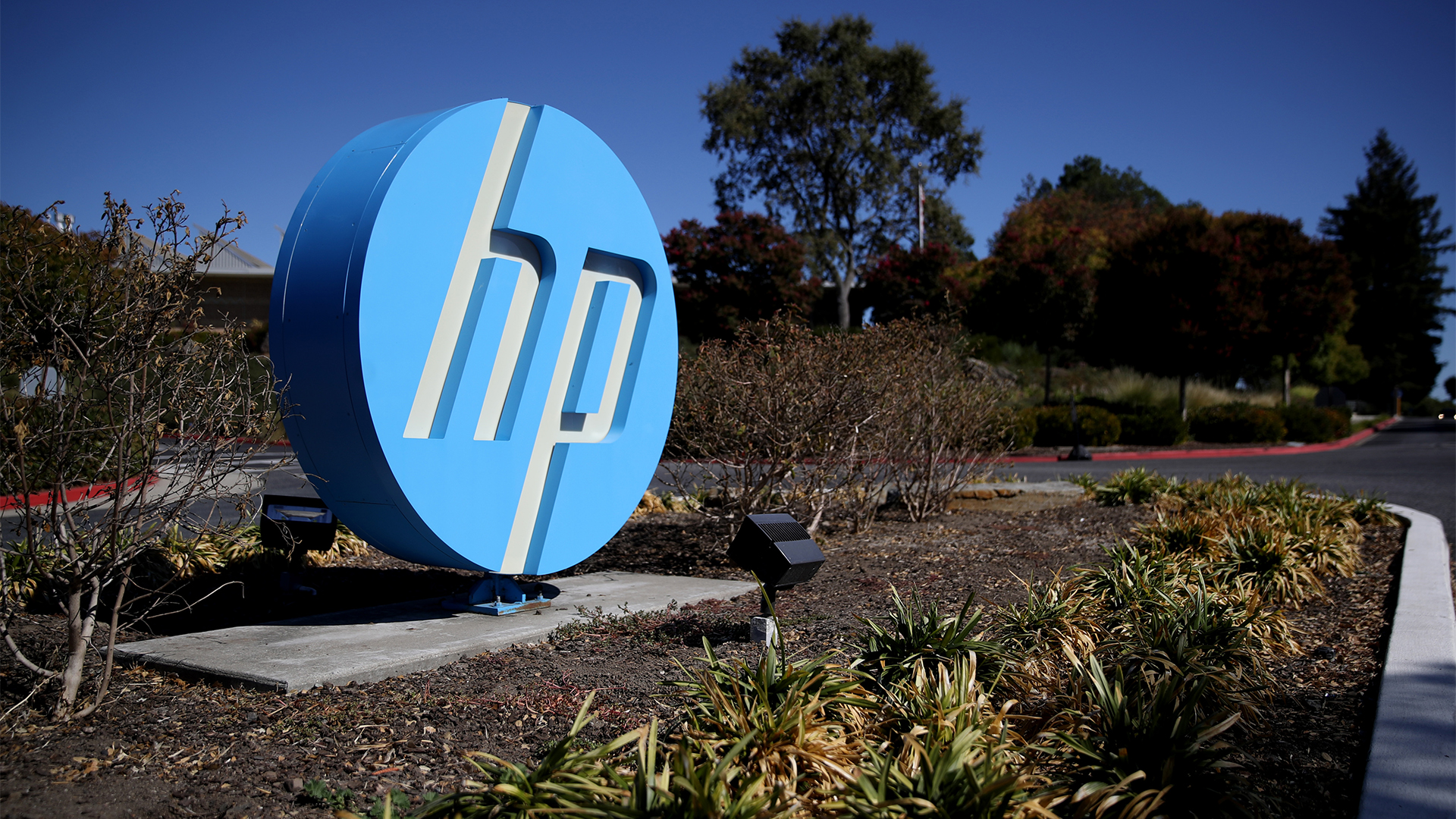 HP shows the AI PC ecosystem is starting to bear fruit — is it time for businesses to take note?
HP shows the AI PC ecosystem is starting to bear fruit — is it time for businesses to take note?Analysis The era of the AI PC may soon be upon us as software vendors start to realize the potential value of processing AI workloads locally
By Solomon Klappholz Published
-
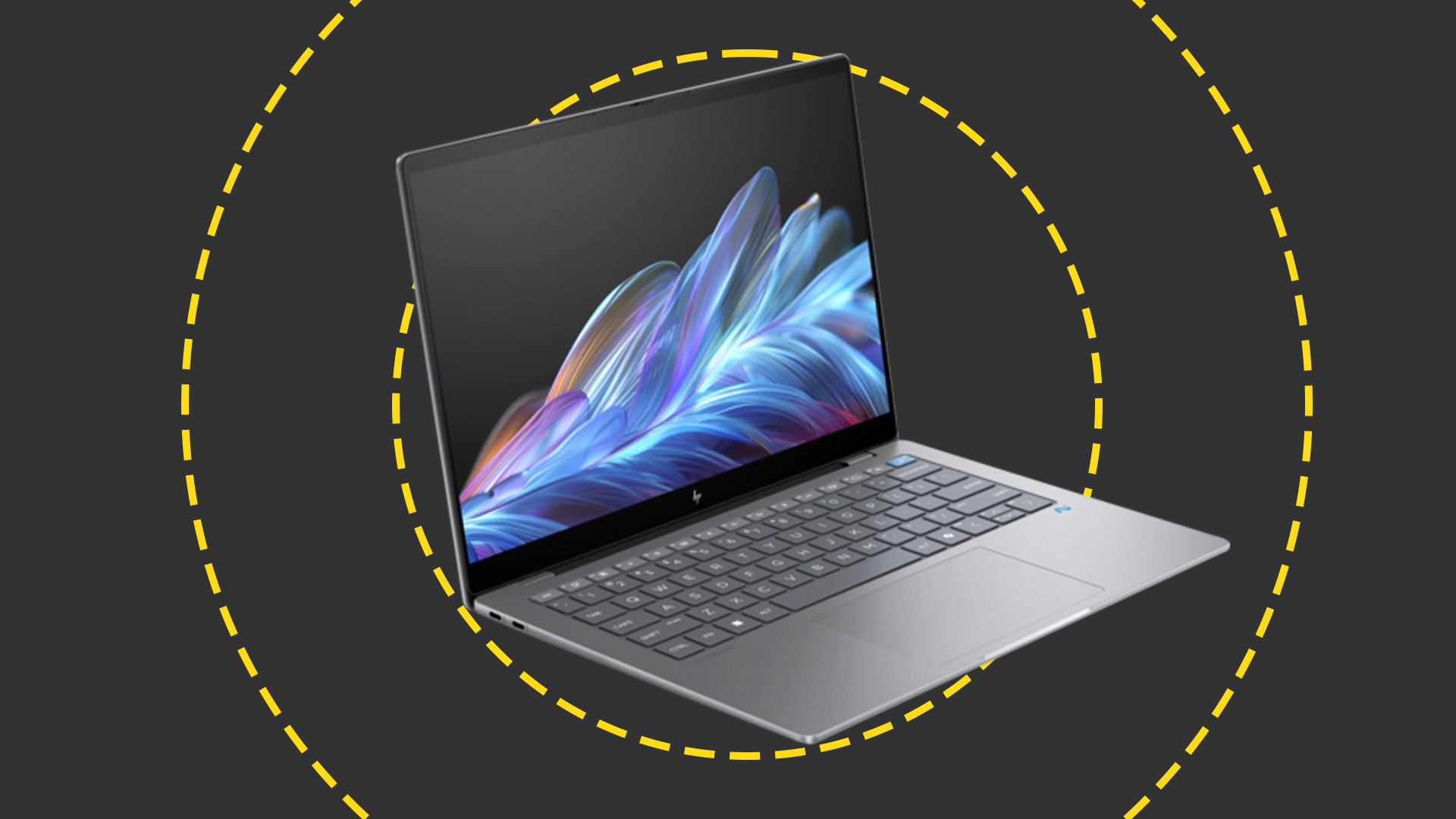 HP caps off its PC overhaul with the launch of the OmniBook Ultra 14 – its most powerful AI-powered laptop to date
HP caps off its PC overhaul with the launch of the OmniBook Ultra 14 – its most powerful AI-powered laptop to dateNews With the HP Dragonfly, Spectre, and Envy brands ditched in sweeping restructure of device portfolio, the OmniBook Ultra 14 marks the first major step into the era of the AI PC
By Solomon Klappholz Published
-
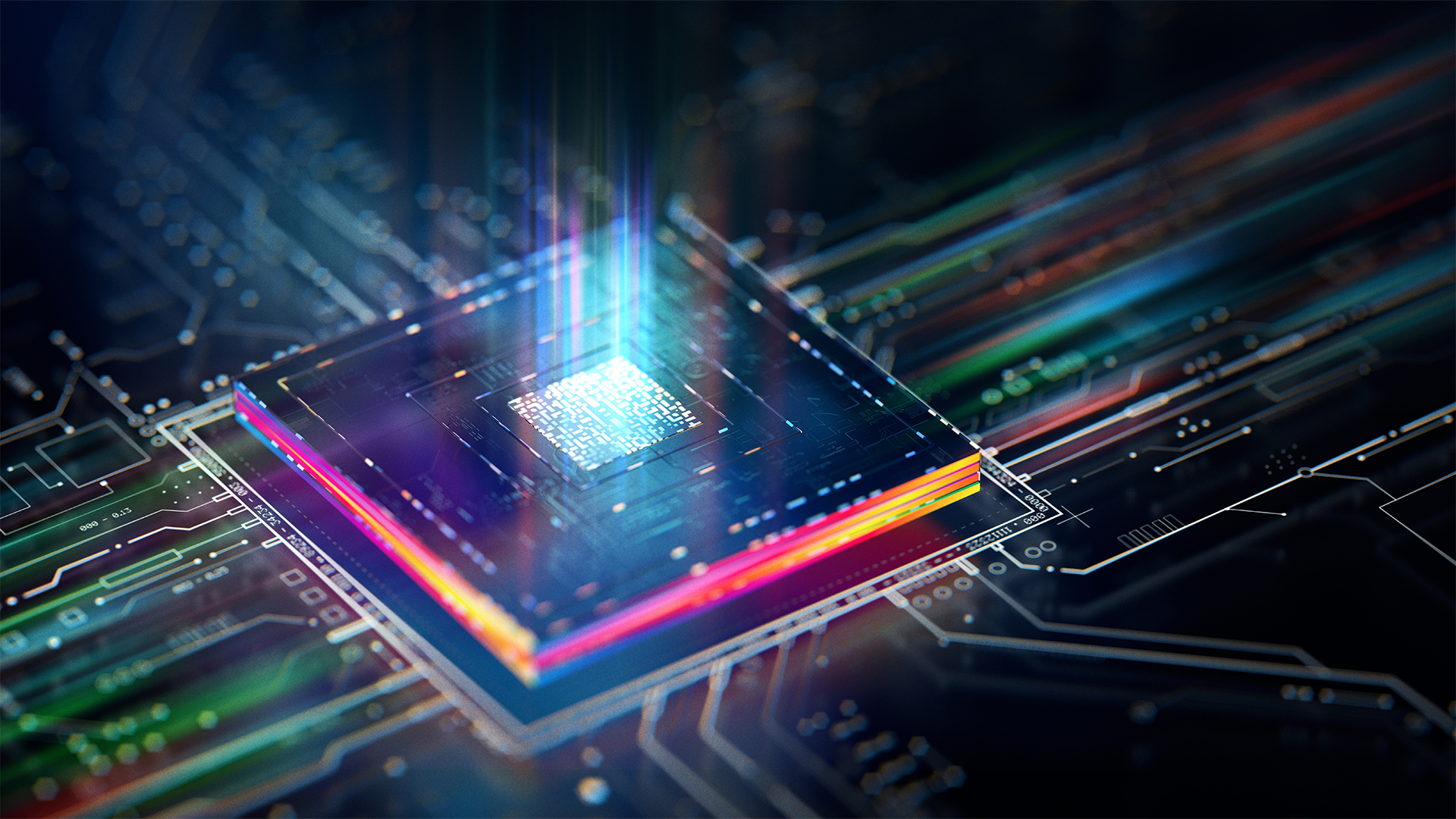 HP just launched the world’s first business PCs designed to protect firmware against quantum hacking
HP just launched the world’s first business PCs designed to protect firmware against quantum hackingNews HP is worried about quantum security risks, so it’s upgrading devices to contend with future threats
By Ross Kelly Published
-
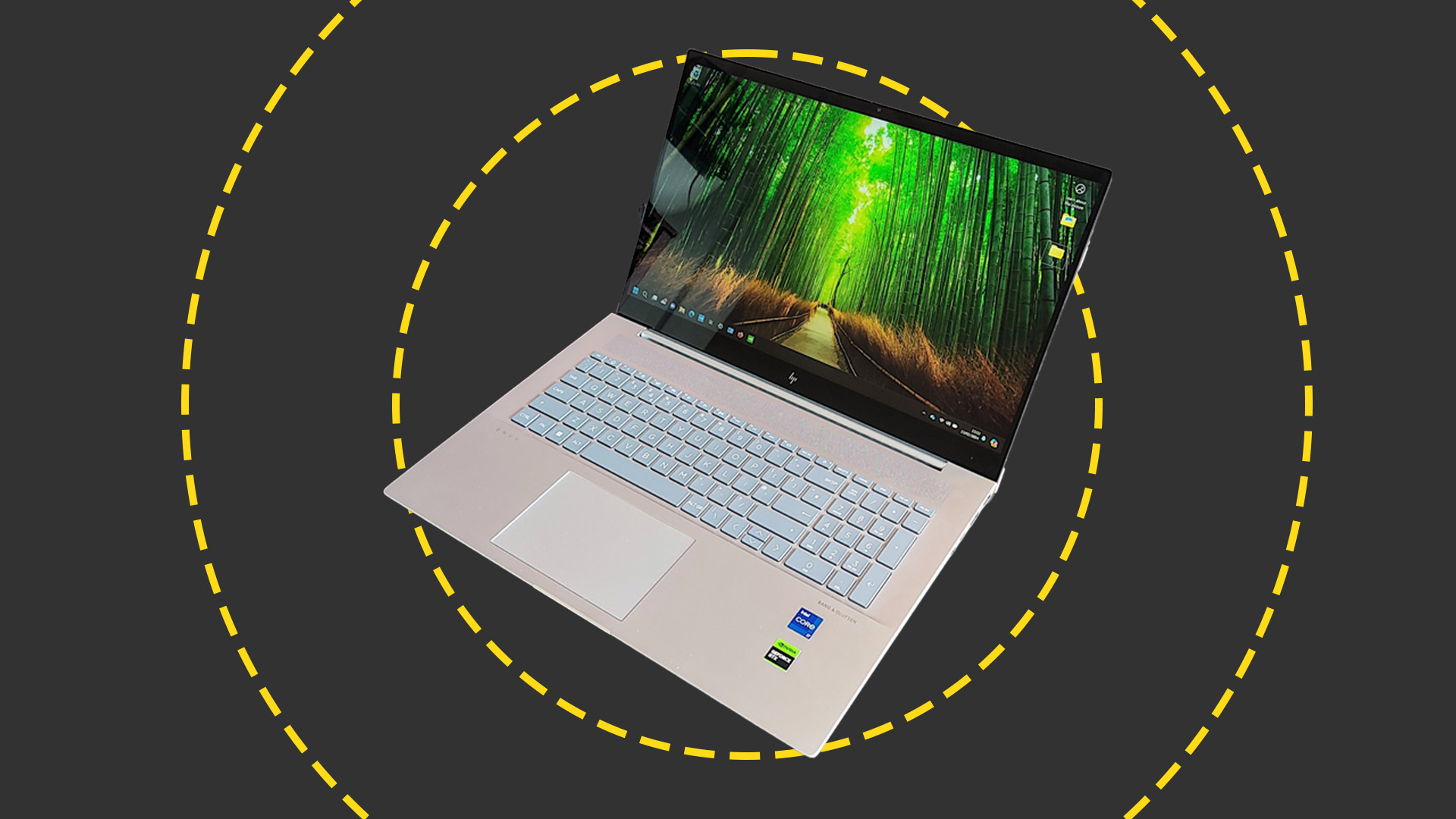 HP Envy 17 review: An affordable big-screen workstation replacement
HP Envy 17 review: An affordable big-screen workstation replacementReviews With the option of Nvidia graphics and a 4K display, the HP Envy 17 is a versatile yet affordable big-screen laptop
By Alun Taylor Published